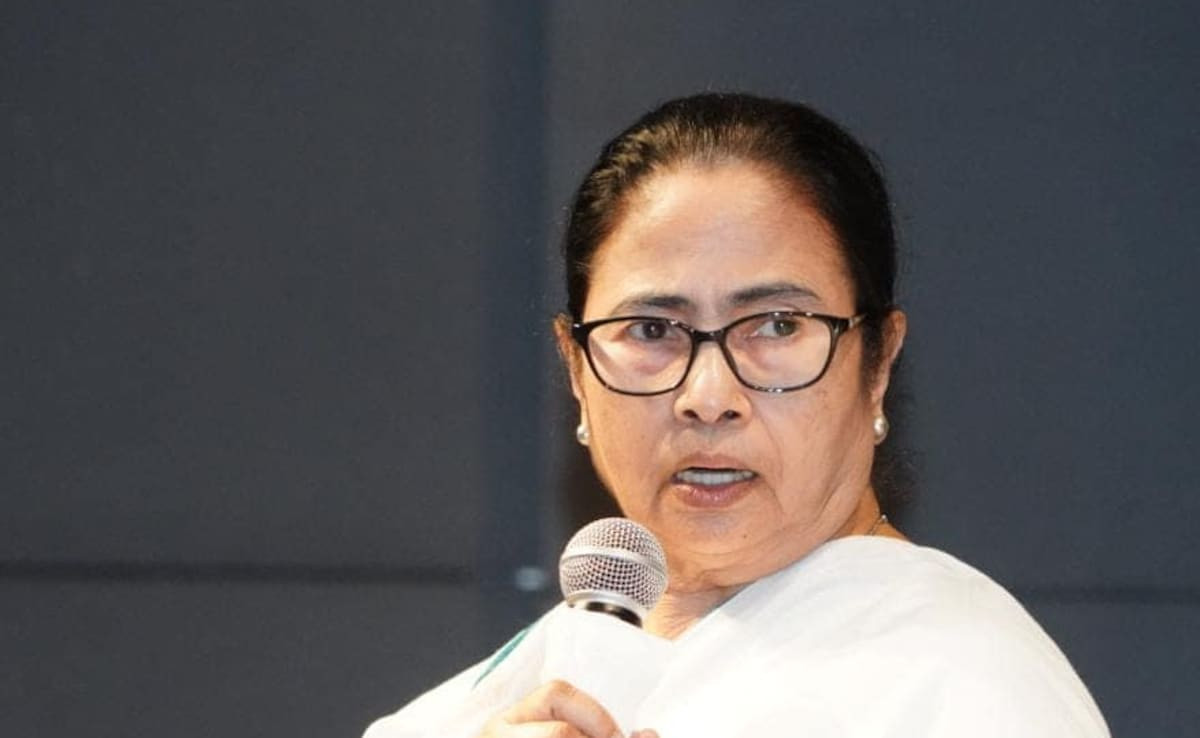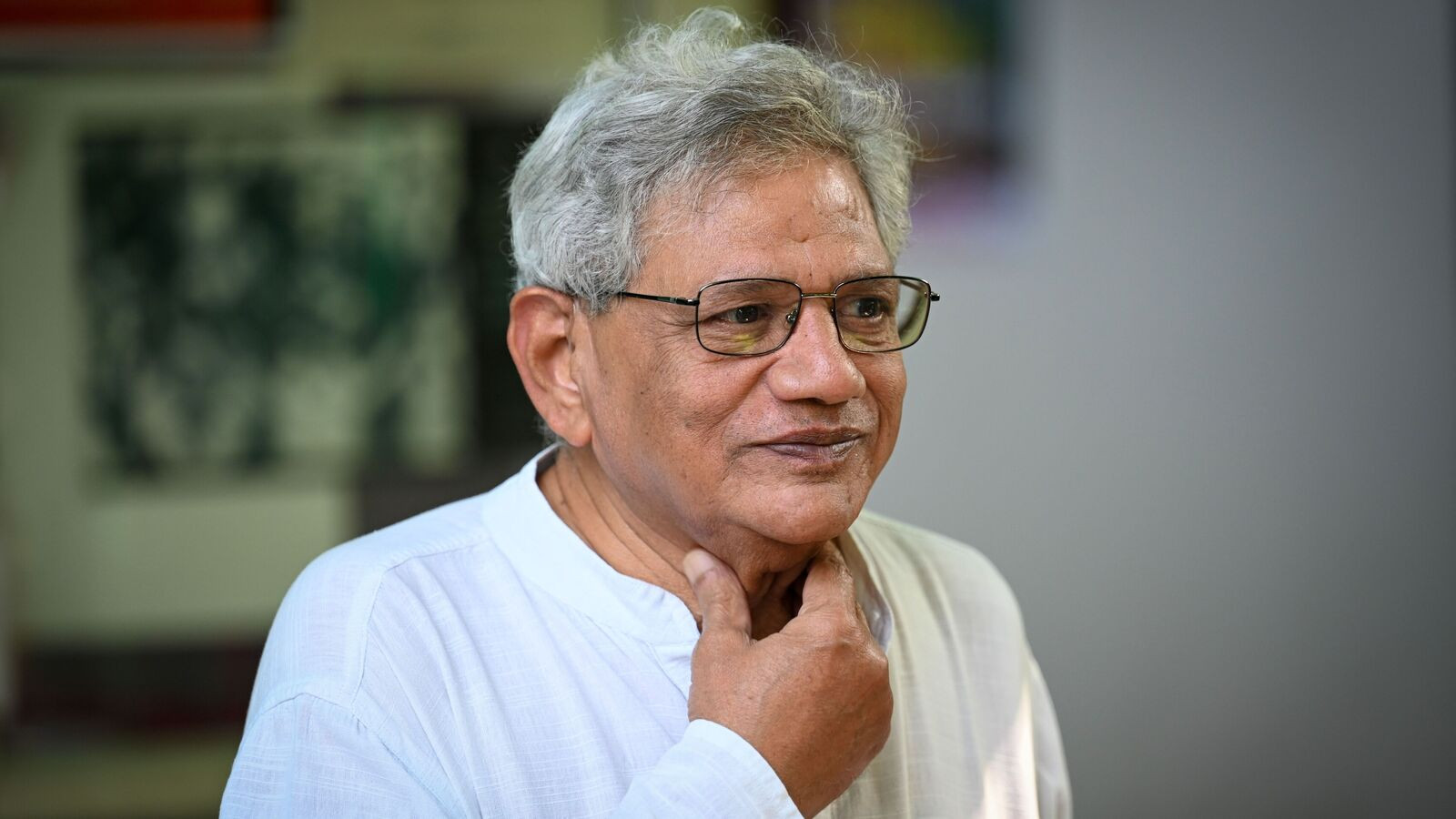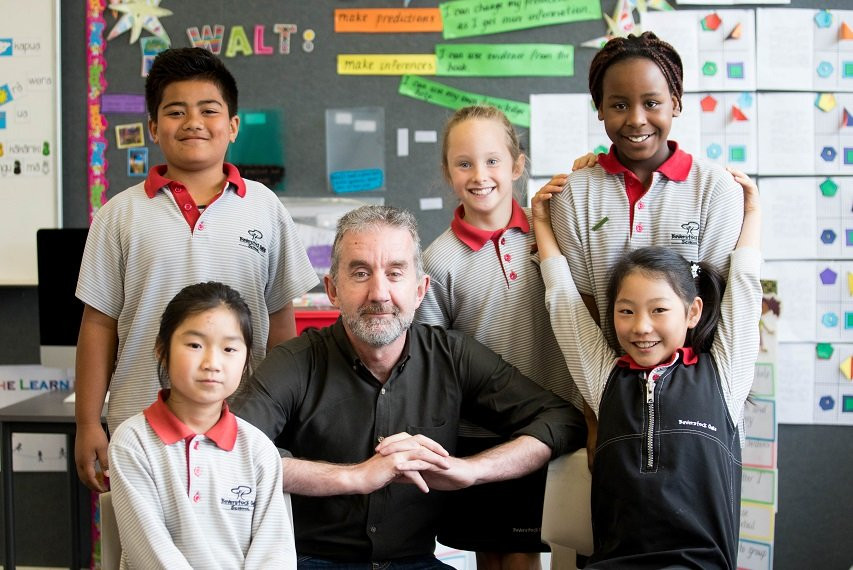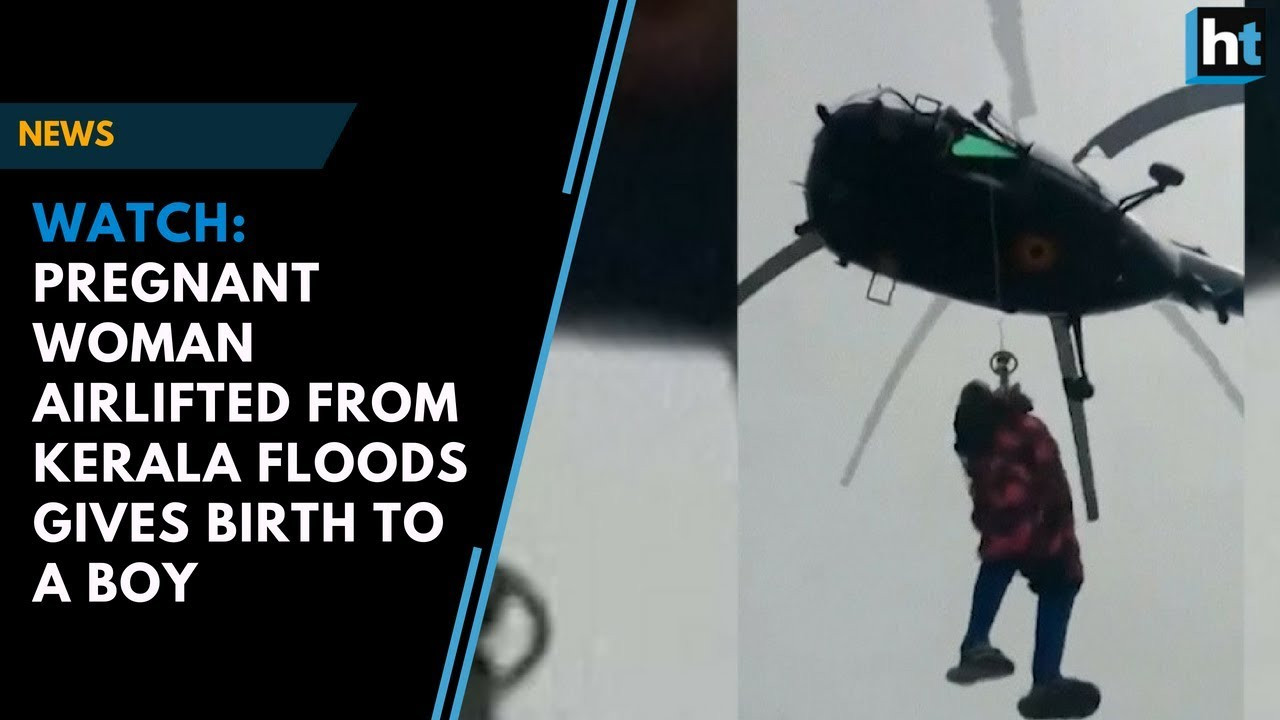The car had somehow crawled to around 30 minutes from residence and was stuck at a place near the northern outskirts of Kolkata, where a massive crowd was throbbing on the streets late into the night. Another two hours, and the vehicle hadn’t moved an inch amid a sea of humanity. We asked him to walk back home. He finally returned at the stroke of midnight but not before being engulfed by, and also being a part of, the tsunami of protests that had lit up the night sky of a city that had plunged into absolute darkness.
The protesting junior doctors, unbending, resolute, relentless, had called for people to switch off the lights between 9pm and 10pm on Wednesday night, and form human chains on major thoroughfares to raise their voice against the seeming lack of progress in the investigation into the brutal rape and murder of the trainee doctor at the West Bengal government-run RG Kar Medical College and Hospital.
Perhaps even they would have been taken by surprise at the depth and scale of the response. At the designated hour, the entire city switched off the lights. The symbolic blackout in response to the doctors’ ‘Let there be light, let there be justice’ movement was a stunning rebuke to chief minister Mamata Banerjee and the TMC regime that has come to represent a repressive state machinery that is bent on, as it appears from public sentiment, hiding facts than letting the truth come to light.
What followed during and after the blackout was even more spectacular. From every nook and corner of the city and beyond, in nearly every small town and in district after district, even at that late hour people came streaming in for a second, more robust reiteration of the “Reclaim the Night” campaign. Placards, posters, lit candles in hand and songs of Arijit Singh, Kabir Suman, Dwijendralal Ray, Kazi Nazrul Islam on lips, multitudes thronged the major crossings and roads, drawing graffiti on the streets, enacting street plays, chanting slogans, recitations, and hollering for justice with the candles and mobile phone torches lending flickering light to the darkness.
And they were led by women. In nearly five decades of being born and brought up in this city, I have never witnessed a protest led by and consisting of so many women from all walks of life – from students to senior citizens, homemakers to working professionals, artists to doctors, domestic helps to caregivers, mothers to daughters – women took charge of the movement and continued protesting in their unique ways almost till the crack of dawn.
There was one crucial difference from the Reclaim the Night programme on the cusp of Independence Day. The viciousness and depravity of the rape and murder of the RG Kar doctor still fresh in their minds, protests on August 14 were more geared towards safety of women and gender activism. The message was overwhelmingly one of creating safer space for women.
This time, the protest had a sharper political edge, and a much more targeted demand charter that included, among other things, the resignation of the police commissioner, the identification of and action against every other perpetrator of the crime – because the dominant public belief is that major figures are hiding behind shadows and Sandip Ghosh and Sanjay Ray are mere pawns – and even the resignation of the chief minister.
In and around the city, reports came in of crowds thronging at Shyambazar five-point crossing, Moulali, New Town, Rajarhat, Rashbehari crossing, Behala, Garia, Ballygunge, Hazra, Jadavpur, Sinthi More, Behala Sakher Bazar, Lake Gardens and also around prominent city landmarks such as the Victoria Memorial and Raj Bhavan, where Governor CV Ananda Bose lit a candle and switched off the lights at the premises in solidarity with the demonstrators.
Beyond the confines of the city, television channels and social media streamed images of people protesting across the length and breadth of the state – in Deganga, Chandannagore, Siliguri, Rahara, Uttarpara, Barrackpore, Garfa, Dankuni, Berhampore, Chinsurah, Santiniketan, Krishnanagar, Bardhaman, Barasat, Cooch Behar, Narendrapur, Jalpaiguri and other places.
Something has changed. The state of ferment in West Bengal is already showing greater staying power and persistence than Mamata would have hoped for. And there are few distinct characteristics to this agitation.
First, it is being led and carried out almost exclusively by the urban middle class, the ‘bhadraloks’ who have shaken off their ennui and are taking to the streets in apparent fearlessness, staring down the red eye of the state machinery. With the junior doctors giving leadership, this effervescent uproar has at its core Bengal’s civil society, and protestors have shown an audacity and pluck that I thought was beyond this class.
So spontaneous and organic has been this movement – with even Swiggy and Zomato delivery executives taking out a procession of their own – that it is breaking down self-created inhibitions, and people on the street are openly calling for the resignation of the chief minister, and that too before the camera.
The Bengali middle class, known for its passivity and slumber, has shown in the past during Naxalbari militant communism movement that it has enough fire in its belly, but the Naxalite movement at its core was a peasant uprising against landlords and touched upon the most marginalised sections of the society while later becoming urbanised.
This awakening has one more distinct feature. It is nearly apolitical in nature, not to be confused with the protestors’ aims that are, in the final scheme of things, completely political. The apoliticality derives from the fact that all Opposition parties have largely been kept at arms’ length from the movement – even though the BJP and Left have scrambled to show themselves sympathetic to and adjacent to the concerns of the protestors and the BJP has tried to even take ownership of it. But the lack of political strings has made it harder for Mamata to cancel the movement.
Make no mistake, Mamata is trying her best to delegitmise and cancel the ongoing demand for justice for the RG Kar victim because more that anyone else, she recognises that this is probably the toughest challenge of her career as a chief minister. Some may even say that this is the toughest challenge of her political life.
The fact that Mamata has so far been unable to deal with the challenge, and is increasingly sounding more and more panicky and insecure, is down to the fact that the protests are apolitical, organic, and is emanating from the streets, the very place where she feels most secure. The rallies have been relentless, and the fervent fever is spreading through the nerves and veins of Bengal’s body politic. While junior doctors are at the forefront, women are its heartbeat. The involvement of the urban middle class is also lending the movement an enormous discourse power and dominating the social media space, newspapers and TV channels that mostly cater to the middle class.
What’s more, instead of slowing own, the ferment is intensifying. For all her political experience, Mamata is making rookie mistakes. Her partymen are intimidating protestors, threatening to break the fingers pointing at Mamata, or “putting up lewd pictures of mothers and sisters of those criticising the chief minister” while Mamata herself is exhorting her minions to “ hiss at the protestors”.
Even more damagingly, the police are acting more as militia of the ruling party than a neutral law enforcement agency, leading junior doctors to demand Vineet Goyal’s resignation and handing the police commissioner a ‘missing spine’.
Over Wednesday and Thursday, stunning developments took part where the image of the Kolkata Police, that was once compared to the Scotland Yard, took a further beating.
The father of the 31-year-old junior doctor who was raped and murdered at RG Kar, alleged at a news conference on Wednesday night while joining the protestors, that while they wanted to keep Abhaya’s body, “there was so much pressure on us. We were sitting in front of Tallah police station for an hour and about 300-400 police personnel surrounded us and created such a situation that we were almost forced to return home” and was pressured to “cremate in a hurry” while not even being allowed to pay the fees for cremation, reported The Telegraph.
The grieving father also accused the cops of trying to bribe them with hush money. “The police, from the very beginning, tried to hush up the case. We were not allowed to see the body and had to wait at the police station while the body was taken for post-mortem examination. Later, when the body was handed over to us, a senior police official offered us money, which we immediately declined.”
Curiously, a senior Kolkata Police officer, on being questioned by the reporters on these accusations, refused to speak on record but reportedly shared a video where the parents are shown denying the fact that they had been offered bribes by cops. This particular video was immediately shared by TMC ministers and party workers.
Even more explosive allegations emerged on Thursday with the victim’s parents now claiming that the video, in which they are shown to be denying the issue of bribes, was made under duress.
The parents said: “Whatever we said in the video (shared by the Trinamul Congress) we were forced to say,” according to reports by local news channels including ABP Ananda. “We were told if we upset the police then getting justice for our daughter would be difficult.”
The ‘denial video’ was reportedly shot on the night of August 11 at the victim’s residence. “At that moment, we didn’t realise what the purpose of the video was. Maybe they had anticipated that such things (police offering us money) may come out in the open in future and the administration may face problems. That’s why they forced us to create the video to keep an excuse ready,” the victim’s father was quoted, as saying in a Hindustan Times report on Thursday. What emerges from these exchanges, and we may not have heard the last of this controversy, that there is a moral rot and debilitating incompetence at the heart of the current administrative machinery. Instead of addressing the concerns, the political leadership is busy deflecting blame, calling for the resignation of the prime minister and the Union home minister, while cops in the state are going after social media users with gusto instead of doing actual police work.
So far, the police have filed 10 FIRs, 35 cases and sent 200 notices as part of a crackdown on “ fake news” over the RG Kar murder protests. According to News18, sections of criminal conspiracy and relevant charges under the IT Act and other cognisable offences have been added in the FIRs.
This could prove to be counterproductive. All such actions manage to do, is create an atmosphere of repression and claustrophobia that may boost the protests and give more leverage to the Opposition to exploit. It also does nothing to address the core dissatisfactions that lie at the heart of the protests.
While centred on the brutal murder and violation of the junior doctor, the demonstrations and the upheaval are a culmination of the heavy handed rule by Mamata who brooks no space for dissent and appears too thin skinned for even the lightest of criticisms. The administrative lapses, some of which were highlighted by the CBI in Supreme Court, doubtlessly contributed to the collective frustration of a public outraged by the audacity of the crime and lackadaisical approach of law enforcement in the immediate aftermath of the rape and murder of Abhaya.
Equally, the chief minister’s authoritarian style of functioning, propensity for victim blaming and abdication of responsibility have added to the public wrath. A comeback is not beyond her, but it will take all of her political skill, smarts, and even sensitivity that has so far been in short supply.

















